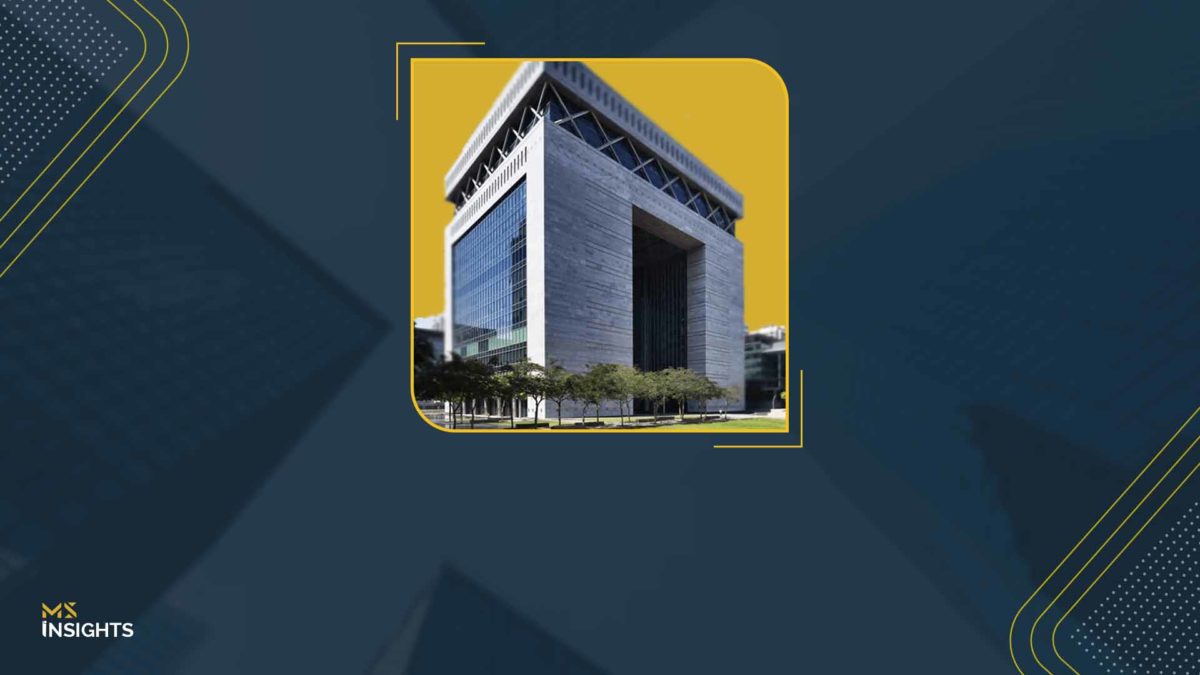As global wealth becomes increasingly mobile, the United Arab Emirates (UAE) has positioned itself as a premier destination for ultra-high-net-worth individuals (UHNWIs) and family offices setup. With its attractive regulatory environment, tax benefits, and growing investment opportunities, the UAE is now a key wealth hub competing with traditional financial centers like London, Singapore, and Switzerland.
Over the past few years, the UAE has seen a substantial influx of wealthy individuals and family offices relocating their wealth management operations. In 2024 alone, the country hosted 72,000 high-net-worth individuals (HNWIs), with over 75% of the region’s family offices now based in the UAE. This shift is driven by favorable policies, regulatory innovations, and access to a sophisticated financial ecosystem that caters to the needs of UHNWIs, single-family offices (SFOs), and multi-family offices (MFOs).
Why UHNWIs Are Choosing the UAE for Family Offices Setup?
1. Regulatory Flexibility and Privacy
One of the UAE’s strongest draws is its regulatory framework, designed to accommodate both traditional and modern wealth structuring needs. Financial centers such as the Abu Dhabi Global Market (ADGM) and the Dubai International Financial Centre (DIFC) offer a sophisticated yet flexible regulatory environment.
Unlike many global financial hubs, the UAE provides a unique level of privacy. Family offices setup can operate outside of direct regulatory supervision, ensuring complete confidentiality while remaining fully compliant. This makes the UAE a preferred jurisdiction for family offices setup seeking discretion in their wealth management strategies.
2. Zero Tax and Fiscal Efficiency
A significant reason for the UAE’s appeal is its tax-friendly environment. Family offices setup in the UAE benefits from zero corporate tax on revenue, making it one of the most business-friendly jurisdictions globally. This tax advantage is especially appealing for firms looking to scale their operations efficiently.
Additionally, the UAE offers long-term residency solutions, including the 10-year Golden Visa, providing wealthy individuals and family offices with long-term stability and an ideal jurisdiction to preserve and grow wealth.
3. Access to Global and Regional Investments
Beyond regulation and taxation, the UAE offers a dynamic investment landscape. Family offices relocating to Dubai are actively diversifying their portfolios into private equity, venture capital, hedge funds, and direct investments.
- Real Estate remains a dominant asset class, but family offices are increasingly investing in national priority sectors such as technology, sustainability, and food security.
- Alternative Investments, including hedge funds, have gained traction in DIFC, which now hosts 75 hedge funds, with 48 managing over $1 billion in assets.
- Startups in fintech, prop-tech, and e-commerce are seeing increased backing from family offices. Dubai has become a hub for venture capital, with startups solving business inefficiencies in finance, HR, and insurance attracting significant funding.
Moreover, family offices from the GCC and MENA regions are keen on Sharia-compliant investments while also pursuing deals in the US, UK, and Europe. In contrast, North American and European family offices in Dubai focus on alternative assets such as private markets and hedge funds. Indian family offices continue to prioritize investments in Indian private equity, public markets, and startups.
Dubai: The Rising Powerhouse for Family Offices Setup
Dubai has cemented its status as a premier financial hub, with DIFC recording a 25% YoY surge in registered businesses, reaching 6,920 entities in 2024. The financial center now hosts 120+ family offices setup and 800 family-related structures, collectively managing over $1.2 trillion in assets.
Driving this momentum is a new generation of investors shaping the future of wealth steering capital into emerging technologies, alternative assets, and critical infrastructure, all in line with Dubai’s “D33” economic agenda to double the city’s economy by 2033.
- Fast & efficient business setup backed by progressive regulations
- Seamless global access through trade policies & CEPAs
- A booming non-oil economy where family offices fuel investments in tech, sustainability & infrastructure
The recently enacted Family Arrangements Regulation in DIFC further simplifies operations by allowing family offices to function without registering as a ‘Designated Non-Financial Business or Profession’ under the Dubai Financial Services Authority (DFSA).
With its pro-business ecosystem, tax advantages, and unmatched global connectivity, Dubai is redefining the future of global wealth management.
To know more about the family offices setup in Dubai, click here.
MS: Your Trusted Partner for Setting up Family Offices Setup in DIFC
At MS, we specialize in helping UHNWIs seamlessly set up and manage family offices within the DIFC. With deep regulatory expertise and an extensive network of trusted partners, we tackle the complexities of DIFC’s framework, ensuring a smooth and fully compliant setup.
Whether you’re establishing a Single or Multi-Family Offices setup or exploring alternative structures like DIFC Foundations or Prescribed Companies, MS delivers bespoke solutions to enhance wealth management, governance, and legacy planning empowering your family for long-term success in one of the world’s most dynamic financial hubs.
